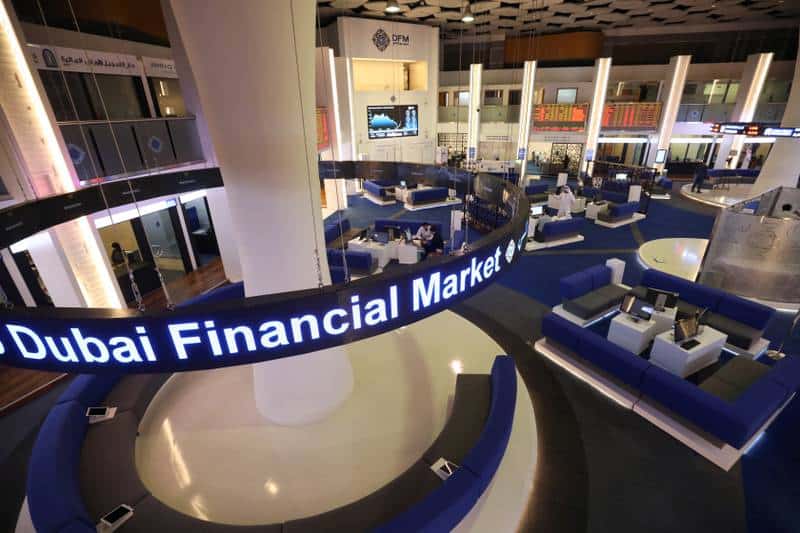GCC markets witnessed an IPOs rush in the first half of 2022 due to the rising investment interest, growing stock exchange indexes, promising economic growth, and optimistic oil price predictions.
At the same time, governmental efforts to sustain companies after the pandemic pushed them toward better performances and higher listings in the first half.
Yet the future is still not comforting for the rest of the year, with risks of more geopolitical conflicts and price rise. What GCC markets will lead stock performances in 2022, and what sectors will benefit the most?
H1 performance
Salaries and other operating costs drove a 24 percent drop in Saudi Stock Exchange profits in Q2 2022. According to a statement released by “Tadawul,” the group’s net profit dropped from SAR 181.1 million (US$ 48.2 million) in Q2/2021 to SAR 137.7 million (the US $36.6 million) in the quarter ending June 30, 2022.
With a closing value of 9,648.96 points at the end of July 2022, the main index of the Abu Dhabi Securities Exchange increased by 13.7 percent, or 1161 points, from a year-ago level of around 8,488.36 points.
Dubai Financial Market Company reported a net profit of AED 63.4 million (US$ 17.2 million) for the first half of 2022, a 63 percent rise from the same period in 2021. Second-quarter net profit rose 134 percent to AED 35.9 million (US$ 9.7 million) from AED 15.3 million (US$ 4.3 million) in 2021.
Biggest challenge
GCC companies, like the international ones, face the decade’s most significant challenge: global inflation. The rising prices are expected to continue affecting their performances in the stock markets in the future as well.
However, Makarem sees that local governments are actively working on programs to provide some relief from rising prices and investing in diversifying away from oil which has become very volatile.
The future isn’t bright yet
Following the worldwide trend of investor pessimism, GCC stock markets have recently shown extreme volatility and significant drops.
Moreover, due to the volatility of international conditions, GCC stock markets may continue to fluctuate for the rest of 2022. This ambiguity poses a substantial downside risk and could make for a turbulent year, as Wael Makarem, Senior Market Strategist – MENA at Exness, mentioned.
He added in an interview with TRENDS: “We are seeing a more rapid pace in interest rate increases, stagnant inflation, and continuing geopolitical tensions in Europe, all of which impact equities’ performances negatively.”
If we dig deep into GCC markets, Makarem expects some markets like Abu Dhabi or Saudi Arabia could find some support if oil prices remain elevated in the coming months. But on the hand, he sees that Qatar Exchange could locate support from natural gas, which is returning toward this year’s high.
Regarding sectors, Makarem thinks that financial services and the banking sector could benefit from the increasing interest rates.
However, “the two industries could suffer from a decrease in lending if economic output slows down excessively,” he says.
Additionally, if oil and natural gas prices remain high, the energy sector could also see solid gains.
Banks’ support
While Saudi and Qatari stocks depend on their energy resources, banks strongly support UAE exchanges since the net profit of 17 UAE banks listed on the Abu Dhabi and Dubai stock exchanges rose to AED 24.1 billion (US$ 6.5 Billion) during the first half of 2022.
At the same time, GCC governments are thriving to encourage technology and sustainable investments to ensure the expansion of their markets and, at the same, their economy’s growth.








